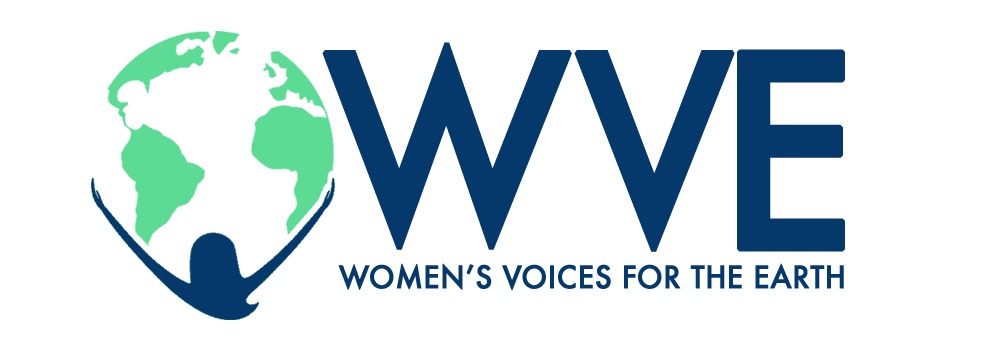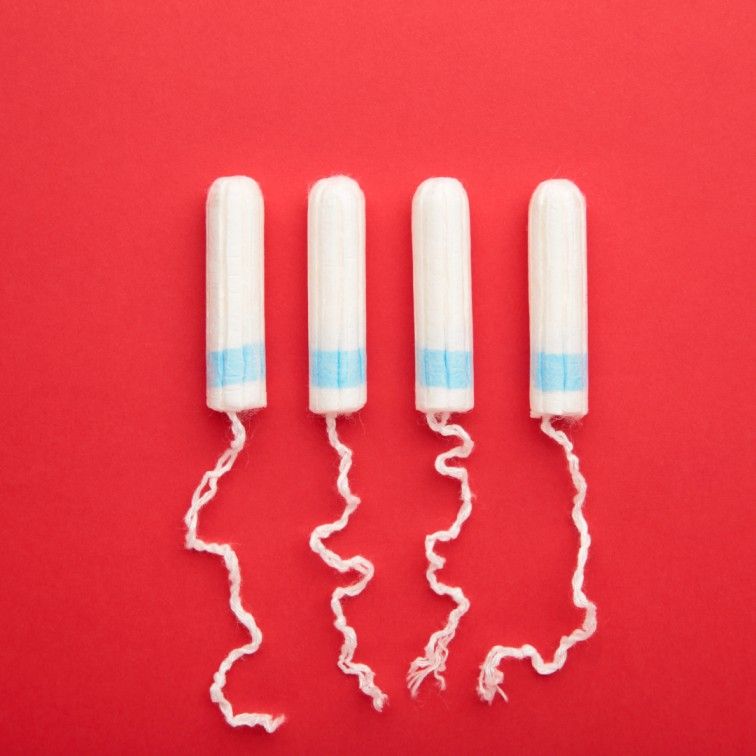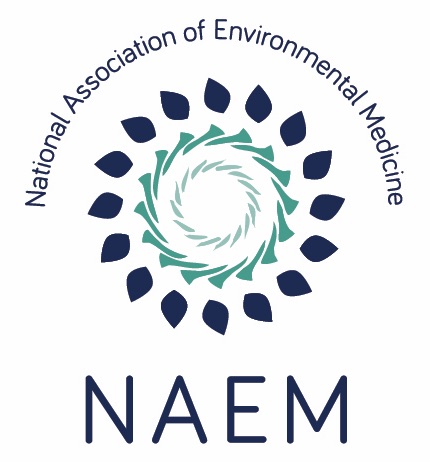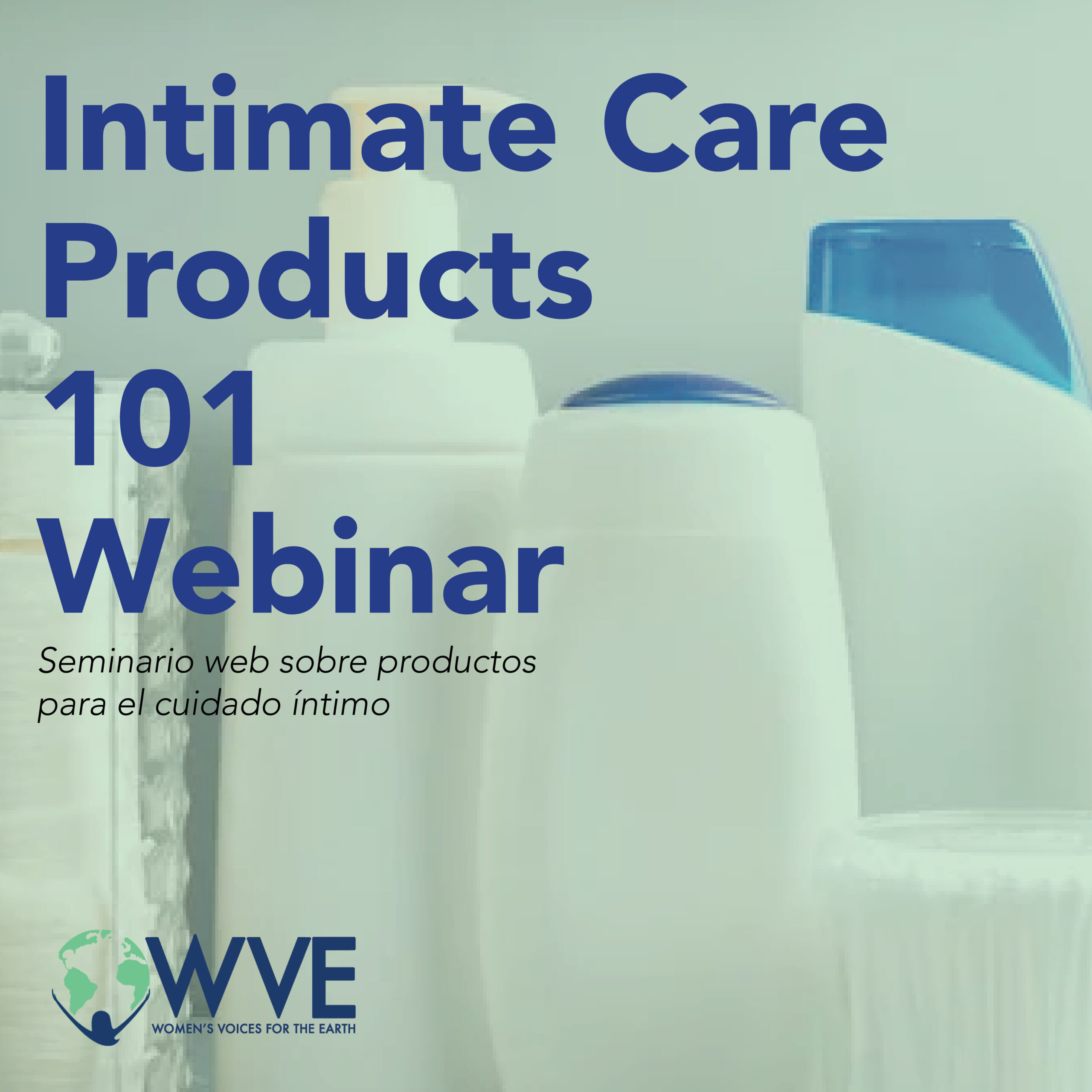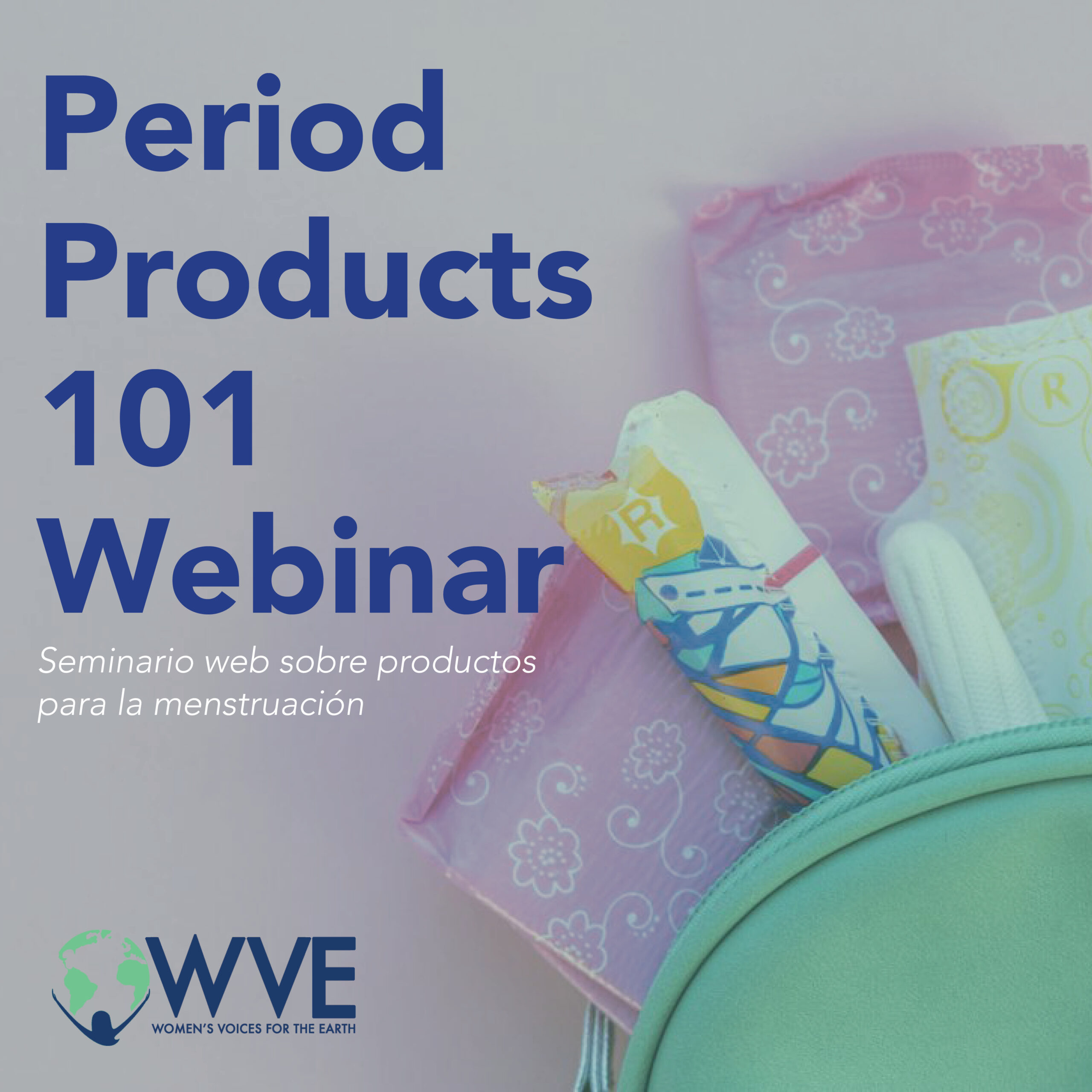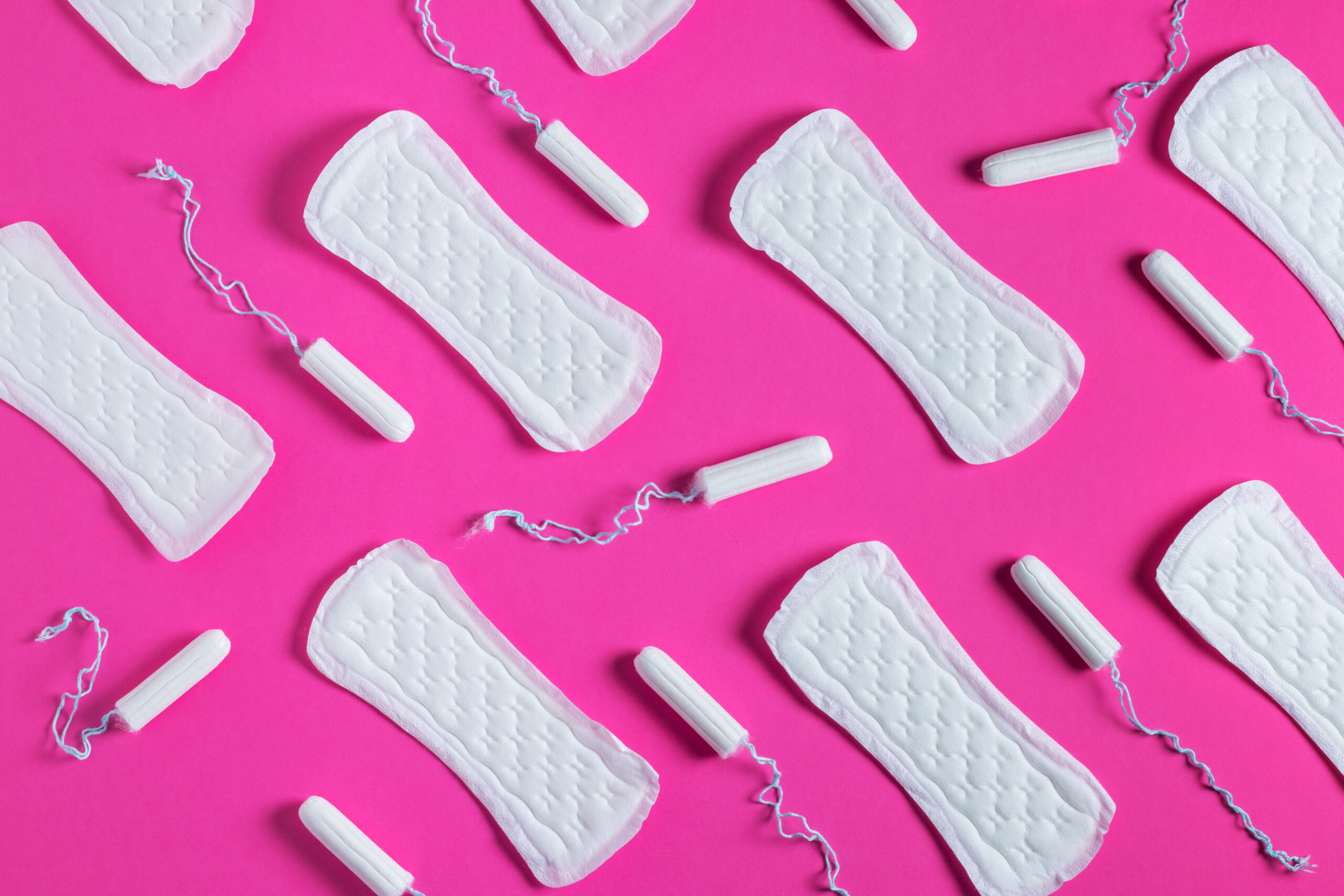Vaginal Health Week 2024
A Call to Action for Menstrual and Intimate Care Equity What is Vaginal Health Week? Founded in 2021 by Women’s Voices for the Earth, Vaginal... Read More
Letter to Summer’s Eve on Harmful Effects of Boric Acid and Consumer Use
Click here to view the pdf file of the letter. 08 August 2024 Ron Lombardi President & CEO Prestige Consumer Healthcare, Inc. 660 White Plains... Read More
New chemical testing study finds toxic heavy metals in tampons
Alex Scranton Director of Science & Research at WVE New chemical testing study finds toxic heavy metals in tampons Odd as it may sound, we were... Read More
New Partnership with the National Association of Environmental Medicine
Women’s Voices for the Earth is excited to enter a new partnership with the National Association of Environmental Medicine (NAEM). NAEM serves as a resource... Read More
Intimate Care Products 90-min Webinar
✨ We want to give a special thanks to everyone who joined us yesterday for our second webinar! During the “Intimate Care Products 101” 90-min... Read More
Defending Human Rights at the Intersection of Toxics and Gender Equity
Debra Erenberg Interim Co-Director at WVE Defending Human Rights at the Intersection of Toxics and Gender Equity You probably know that Women’s Voices for the... Read More
Period Product 101: 90-min Webinar
✨ We want to give a special thanks to everyone who joined us yesterday for our first webinar of the year! In the first FREE... Read More
TAKE ACTION: Safer Menstrual and Intimate Care Products!
This bill requires the research we need to continue to do our important work on menstrual and intimate care issues. Will you raise your voice... Read More
Everything You Need to Know About Ecofeminism
Ecofeminism examples Ecofeminist action is taking place around the world, improving conditions across continents. One example is the Green Belt Movement. This was established in... Read More
Chemicals from household cleaners found in breast milk samples, what parents should know
While parents are exposed to quats (short for “quaternary ammonium compounds”) from numerous sources, the researchers found that the use of disinfecting products at home related to how much showed up in breast milk.

